Why do we give power to bad men? 💪
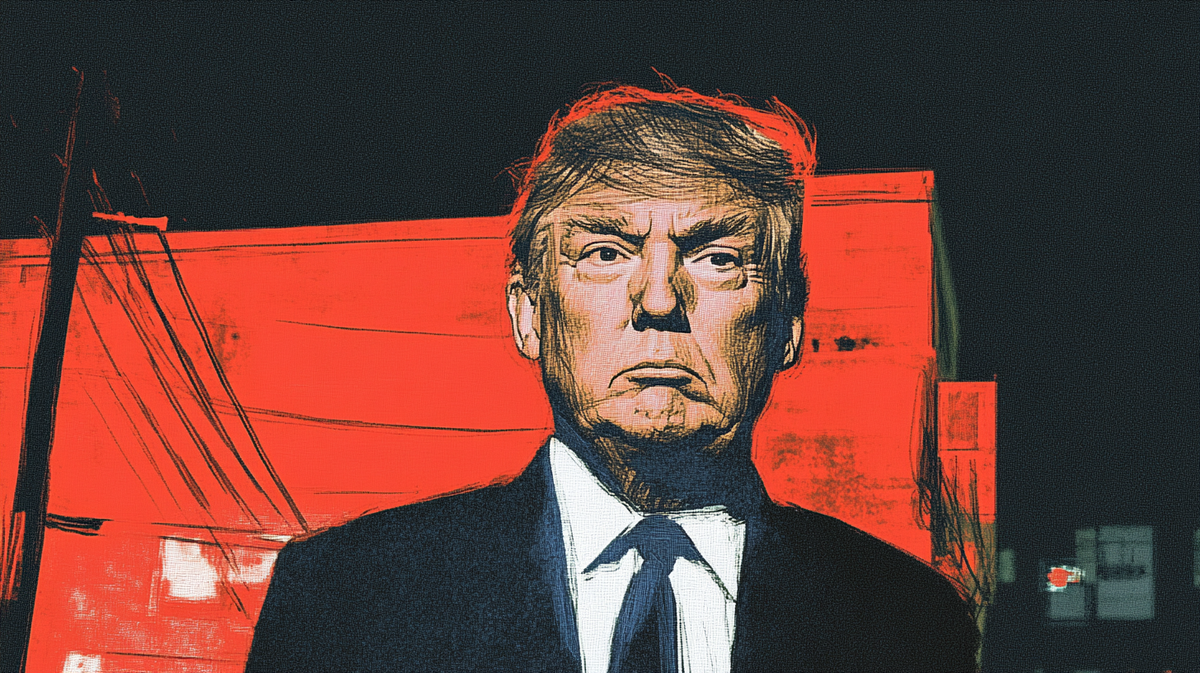
This week Donald Trump returned to the White House. For the political left it was a gut punch. For the political right it was a vindication of sticking with a man who had been tried, convicted, impeached and bankrupted on multiple occasions.
But for the rest of us who don’t spend all our time in politics, the choice to give Trump another four years in the White House feels, well, a bit odd?
Why do we give men with dubious records access to the highest echelons of power? While Trump is this week’s story, it doesn’t take us long to find other examples. In the US alone, between 1980 and 2010, there have been around 100 scandals involving elected politicians.
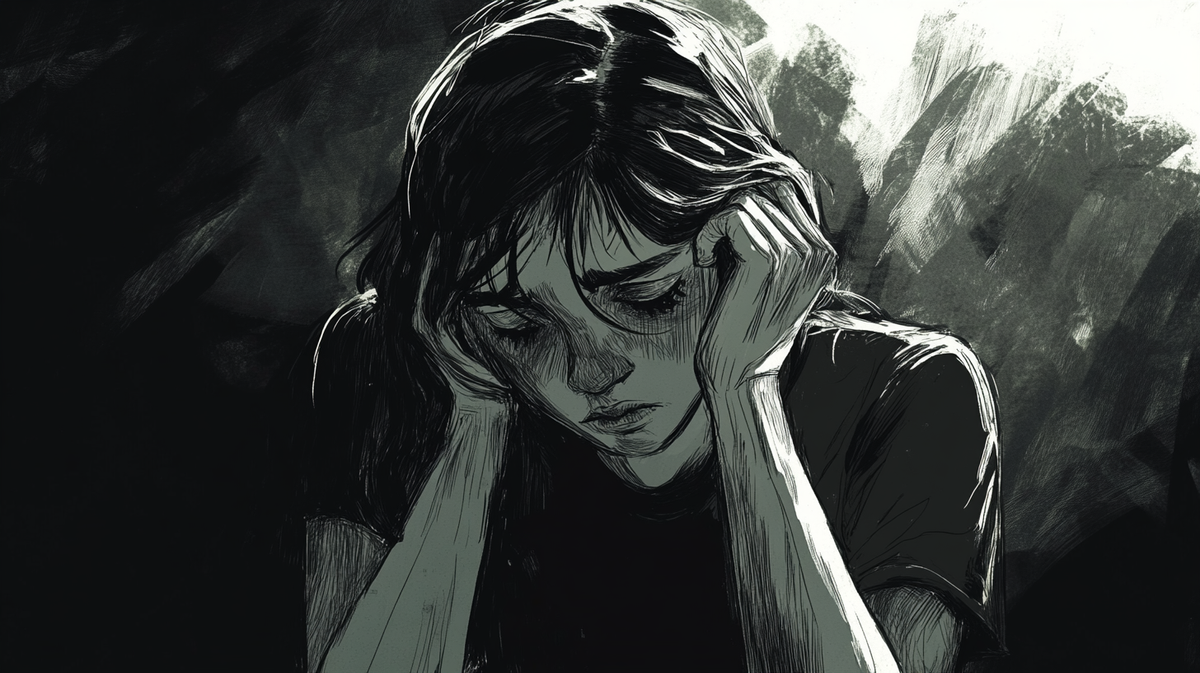
Look further afield and we find other examples: Viktor Orban, Hungary’s prime minister has been embroiled in corruption and scandal for years, former UK prime minister David Cameron was embroiled in the Greensill Capital capital, but ended up becoming foreign minister and a Lord in Rishi Sunak’s government. There’s an international arrest warrant out for Vladimir Putin, and scandals have now become common place in Democracies across the world.
In private business, things are worse - here’s an exhaustive list of business related scandals. But why? Why do we give a pass to people who are seen to be acting against the interests of the people that put them there?
That’s a big question that involves lots of things: politics, mainly, but also the role of the media, money, influence and who and what is on offer politically.
I’m going to put those to one side this week and ask: is there something about our psychology that means we’re more willing to overlook people’s flaws? Is there something unique about bad men that we all go gooey for?
I’m going to try and find out.
Bad Men 👹
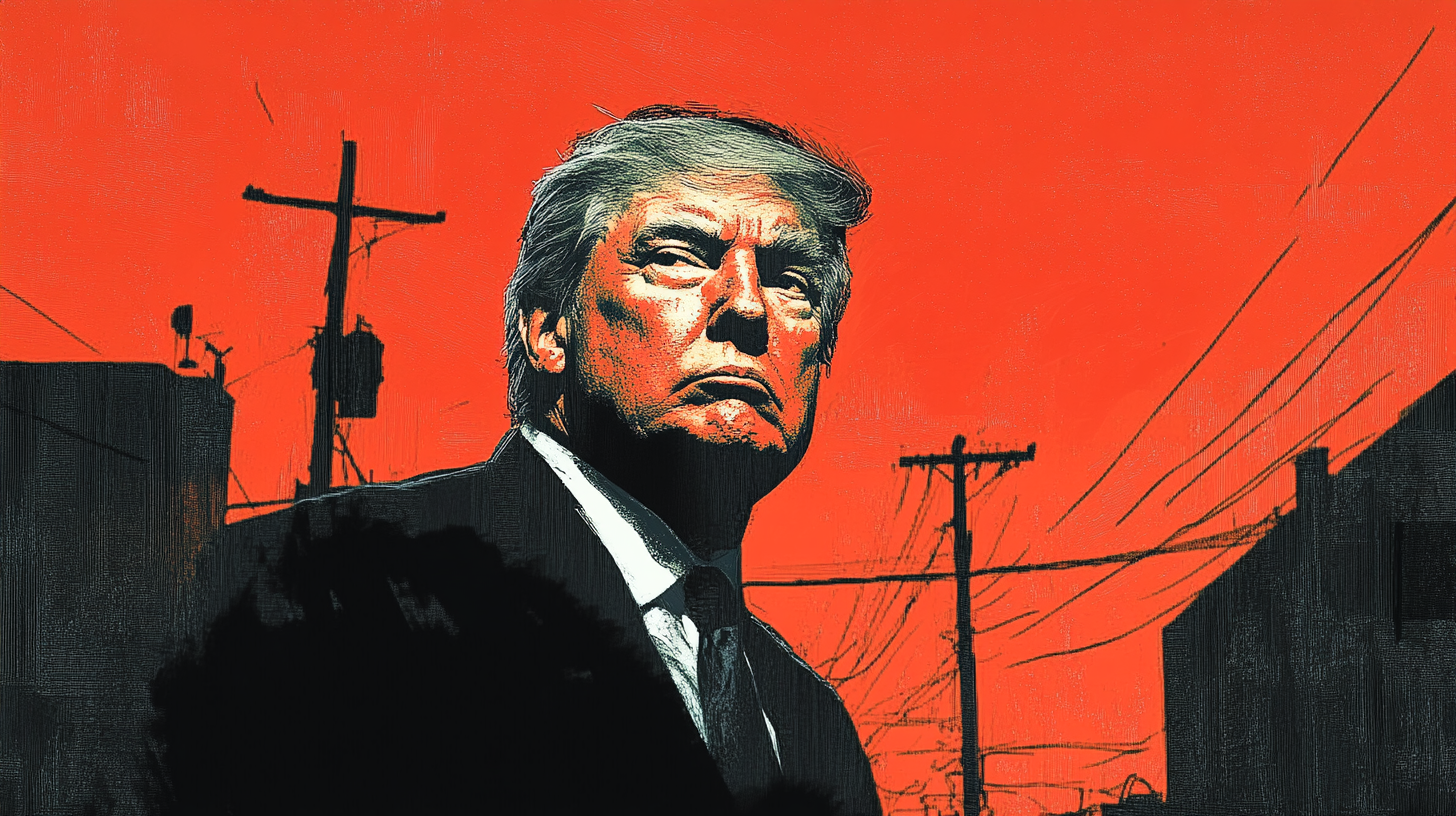
Before I dive in, I want to clarify when I say bad men, what do I mean. Well, in the case of Donald Trump, there’s a long list of things I would put in the ‘bad’ column. For example, the President elect has:
- 34 Felony Counts
- 1 Conviction
- 2 Cases Pending
- 2 Impeachments
- 6 Bankruptcies
People who have worked with and alongside Trump aren’t exactly glowing with praise either.
Trump’s former top general called him, “the most dangerous person, ever.” His former chief of staff called him a fascist. He was disowned by his former Vice President, and even people who actually worked for him were among the most vocal groups calling for him not to be given the Republican nomination.
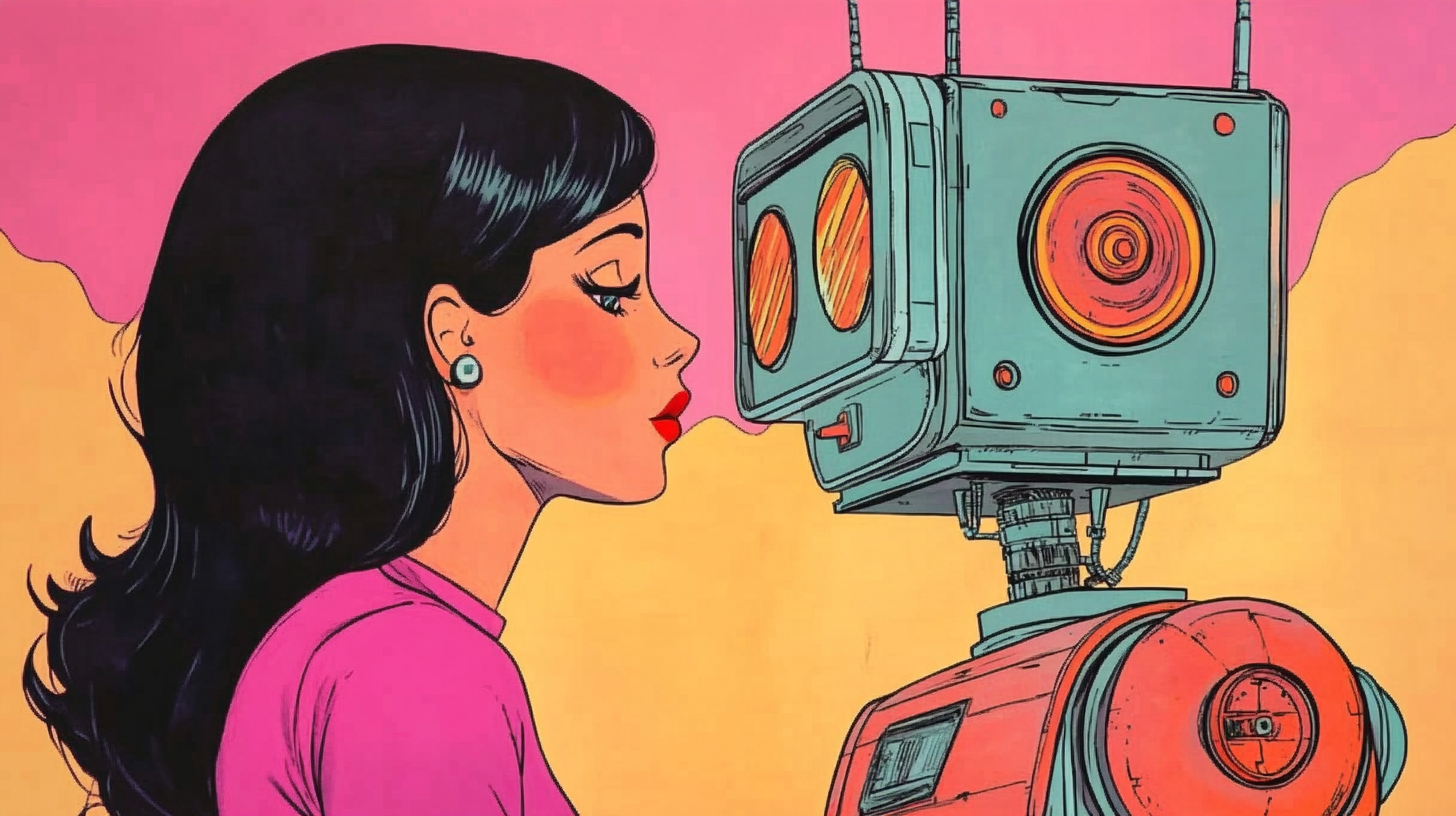
At a campaign stop in Iowa in 2016, Trump said: “I could stand in the middle of Fifth Avenue and shoot somebody and I wouldn’t lose any voters, OK?” When he said it, it seemed ridiculous. Even making the remark seemed politically incompetent. Trump’s a bad egg. But now he’s President, again. Why?
Psychologists have been looking at bad eggs for quite some time. In psychology terms, horrible people occupy what is commonly referred to as the dark triad of personality traits.
People who occupied the dark side of the triad (the asshole part) tended to be:
- Younger
- Male
- Motivated by power
- Uses sex transactionally
- Immature defence styles
- Conspicuous consumption
- A high propensity for selfishness
If your brain ticked a lot of these boxes when thinking about Trump - except the young part - you’re on the right track.
People who occupied the dark triad tended to have lower life satisfaction, be less conscientious, less agreeable, have lower levels of empathy and a belief that people are good, and indeed, struggle to see themselves are 'good'. In summary: they sound like dicks.
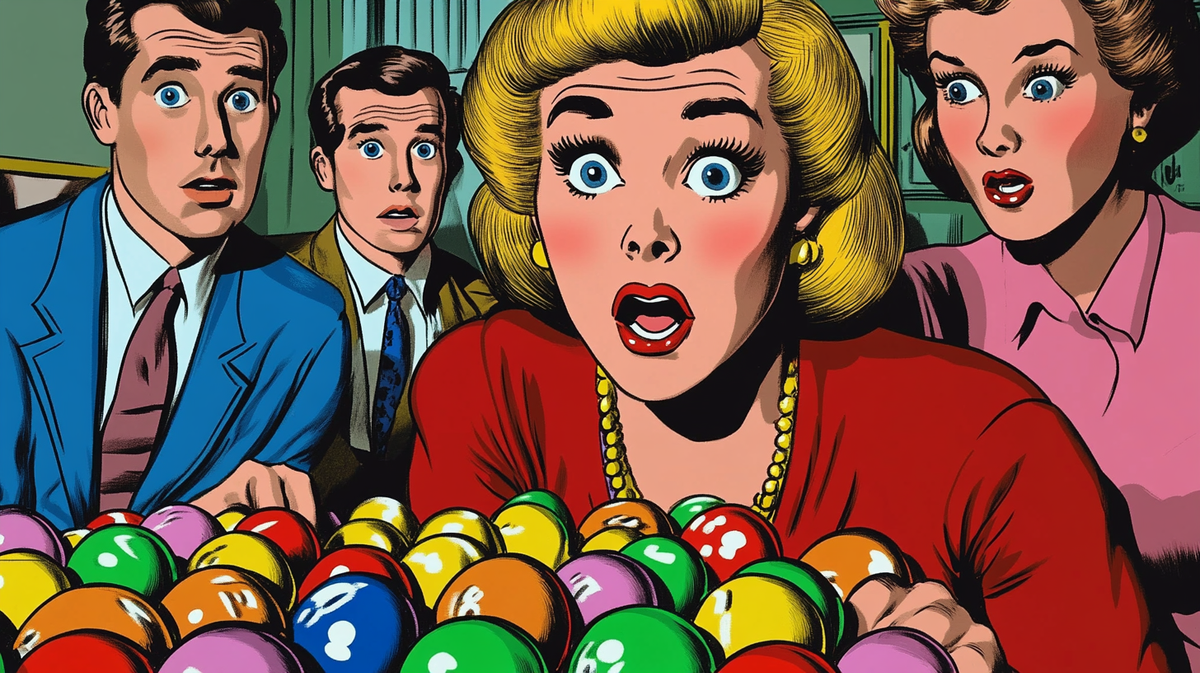
However, dark triad personalities were also found to be correlated with creativity, bravery, leadership, and assertiveness. They also tended to do things that were considered frightening or unpredictable.
On the flip side, those whose personality favoured the lighter side of the triad tended to be older, female, have less childhood unpredictability, higher levels of religiosity and spirituality, and reported higher levels of life satisfaction. I’d like to know that person. But what makes these 'dark triad' traits so, well, appealing?
Assholes are surprisingly rare 💎
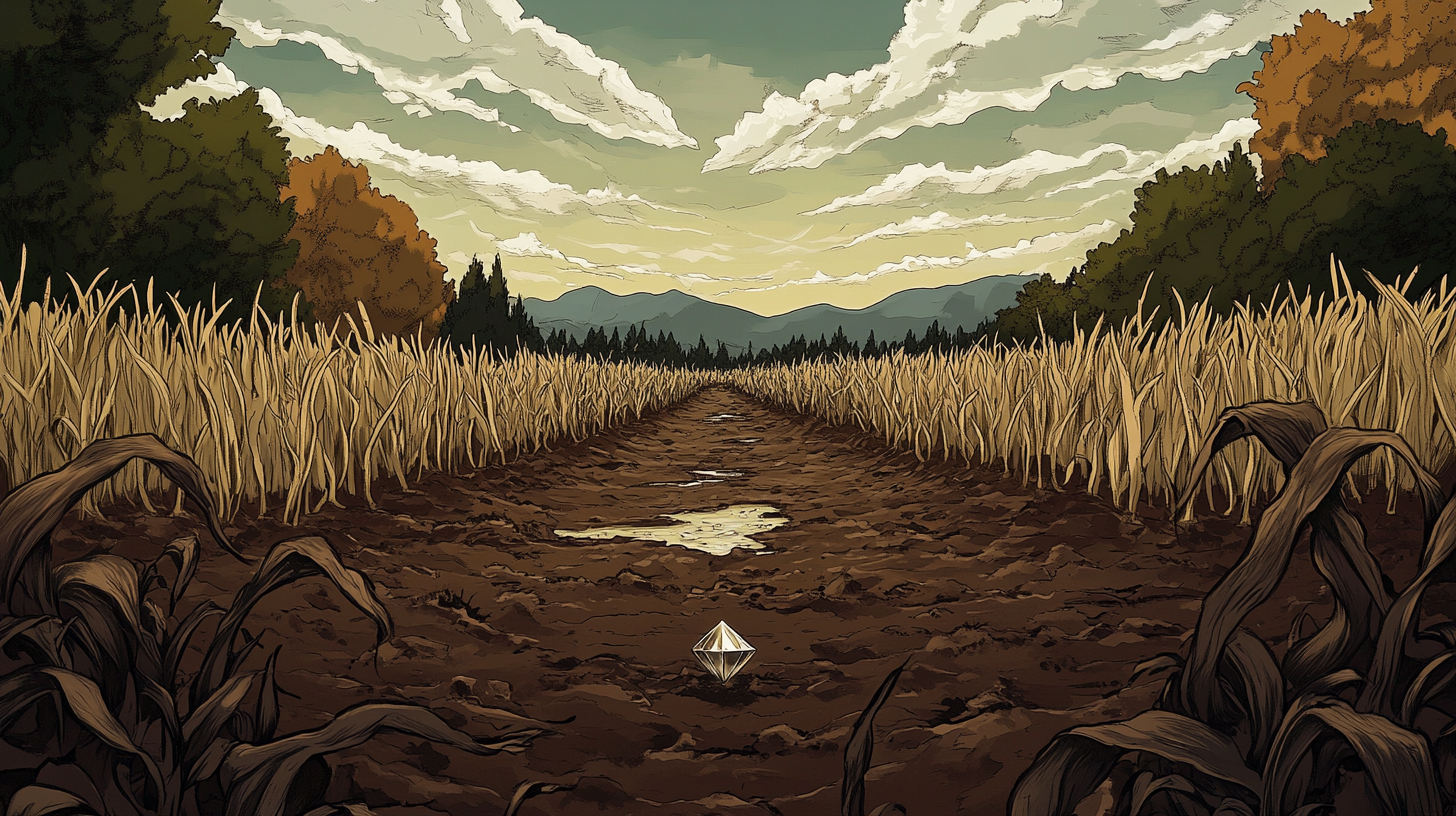
When psychologists tried to find people that scored highly on the dark side of the triad, what they found is most people tipped more toward the light when it came to everyday patterns of thoughts, behaviours and emotions.There were surprisingly very few extremely malevolent people in the study.
This rarity means these people tend to stand out from others. Our brains are designed to spot things that are potentially dangerous and remember them. Things that aren't a threat? Our brains tend to ignore them.
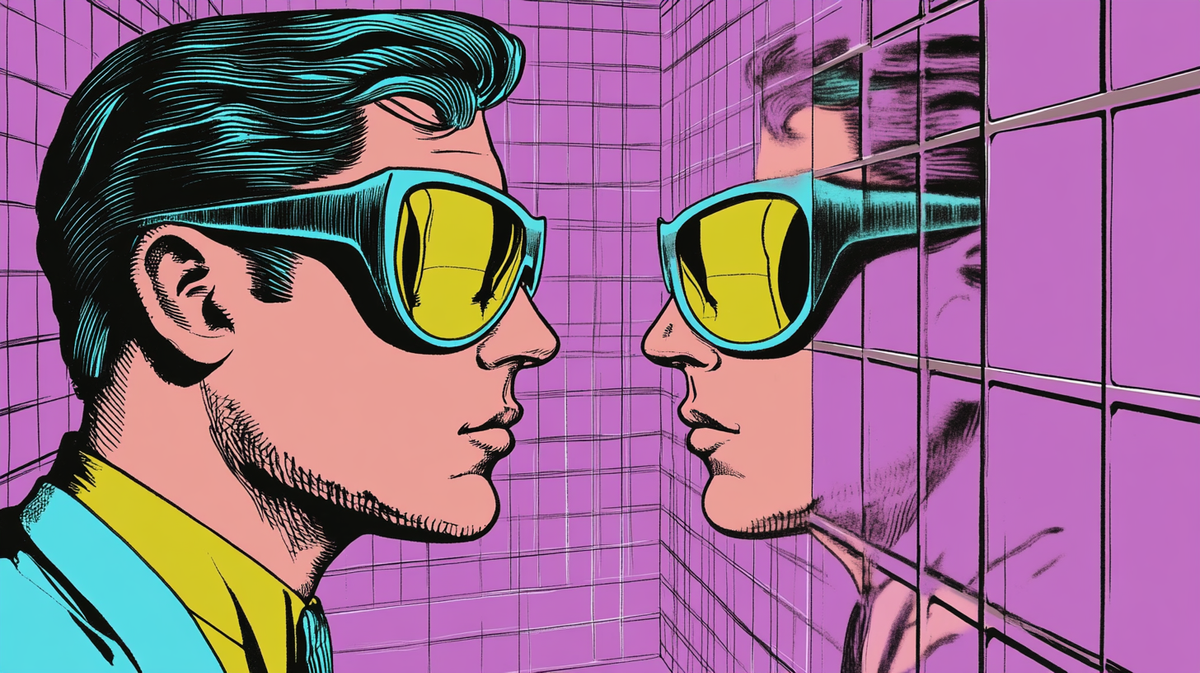
This idea is what happens when we go into our own houses - we can't smell what our house smells like, because our brains have decided there's no threat.
But go into a stranger's house and that part of your brain is more active, it's looking for threatening smells. Assholes stay in our heads because, well, they're perceived as threats. But, it doesn't stop there.
Rebel with a cause 🧑🎤
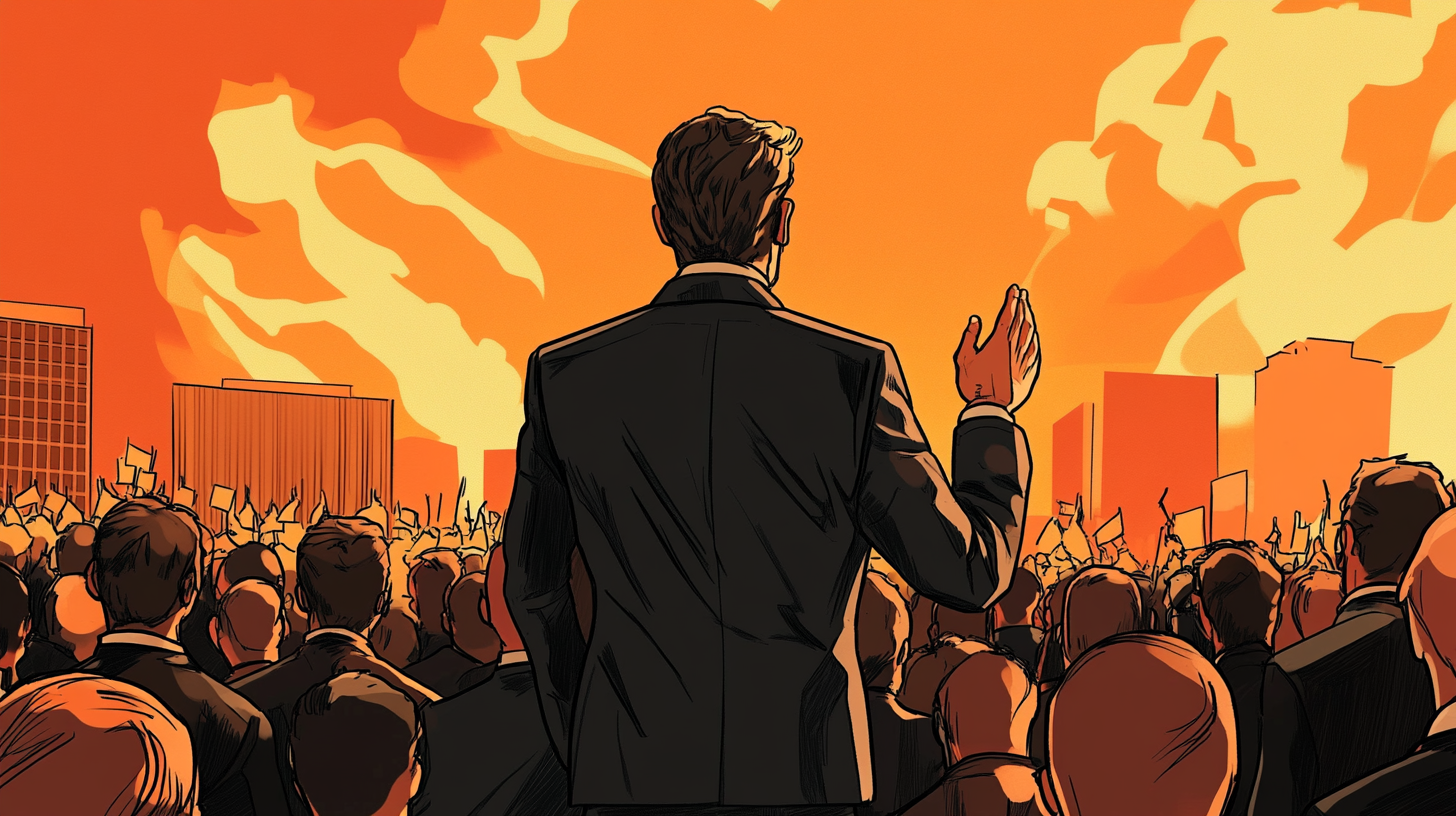
Assholes tend to embody ideas that a community or society would deem rebellious. They have a level of taboo that we can find thrilling. “When we want something we can’t or shouldn’t have, our desire for it grows exponentially,” says clinical sexologist Dr Sarah Melancon.
These rebels hold traits that we wish we had in ourselves, and as such, we're drawn to them in the hope that these ideas rub off on us. It's why we all cheer when we watch shows where the protagonist rage quits a job or does something outlandish. Rooting for them is rooting for ourselves.
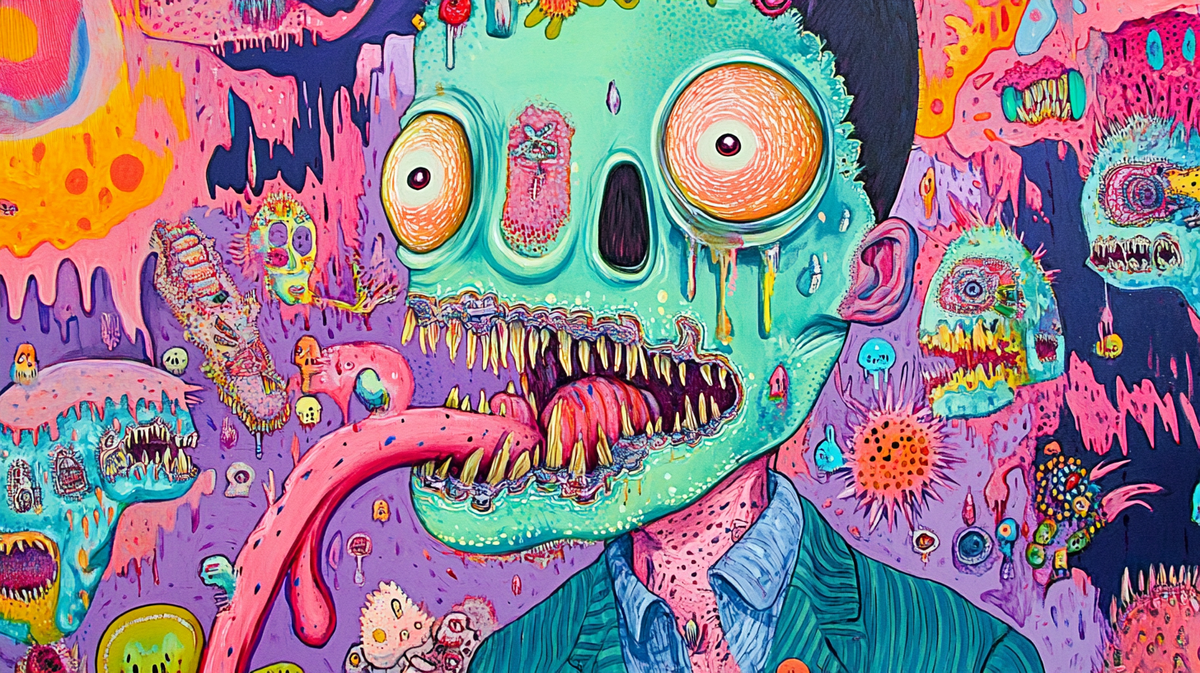
Looking at the Trump campaign, the theme that was common among his supporters was the perception that he was an outsider. Remember Nikki Haley? She was one of Trump’s main rivals in the lead up to the Republican nomination. She had executive experience as the successful governor of a conservative state with diplomatic know-how honed as Trump’s UN ambassador. But she was viewed as an insider - and quickly forgotten.
The halo effect 😇
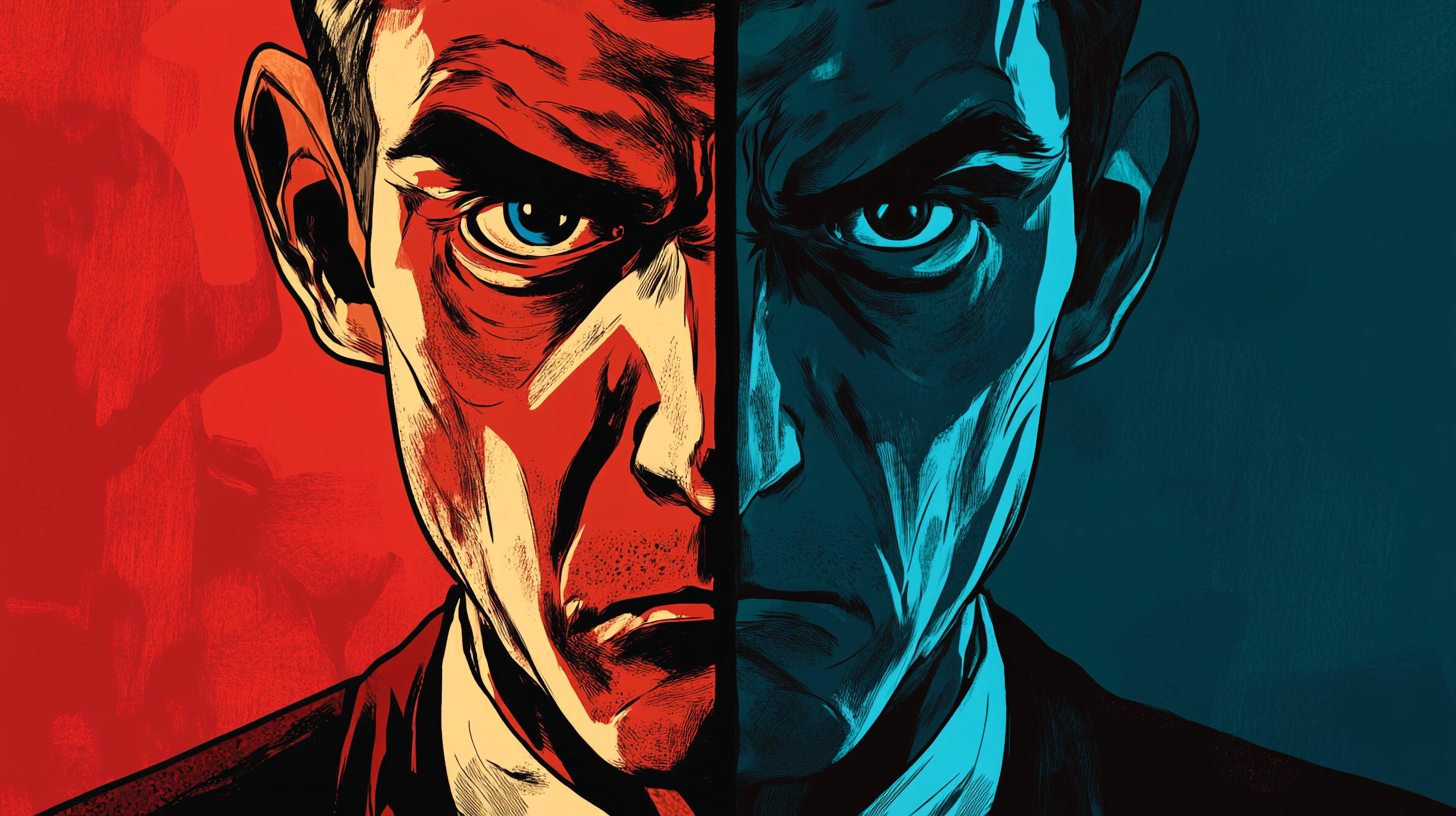
Once we've spotted a trait in a person that we admire or respect, we then apply something called the "halo effect" with these wise guys. The halo effect is a psychological quirk that leads people to believe that the person possesses other traits that they like, even if evidence suggests they don't.
"Typically, when an individual is attracted to someone, that individual automatically assumes that he or she is going to be good, thus ignoring negative personality traits," says Elise Banfield, a psychology professor. We discount the bad and overemphasise the good.
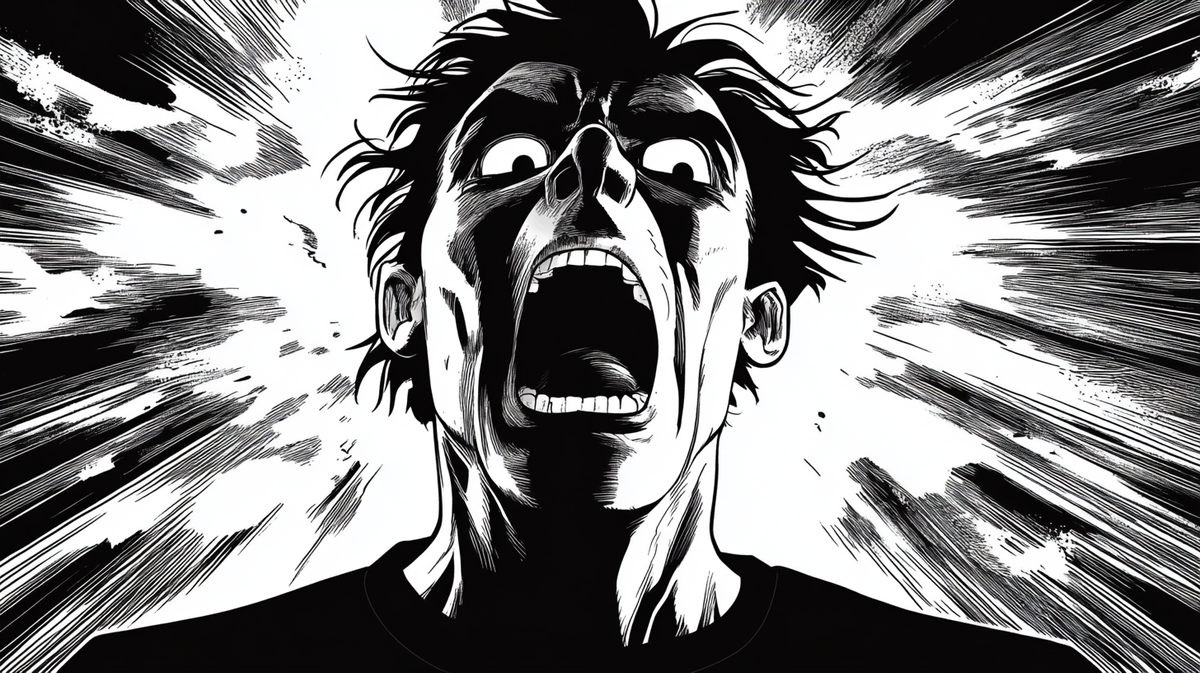
When people are asked about Trump, they routinely list his qualities as a tough guy who gets things done and can’t be pushed around. Even if those same qualities make him act unilaterally at times when consensus is needed. It’s a good thing, as long as we see it as a good thing. Lastly, but by no means least, assholes invoke a sense of fear.
Scarily in love 💌
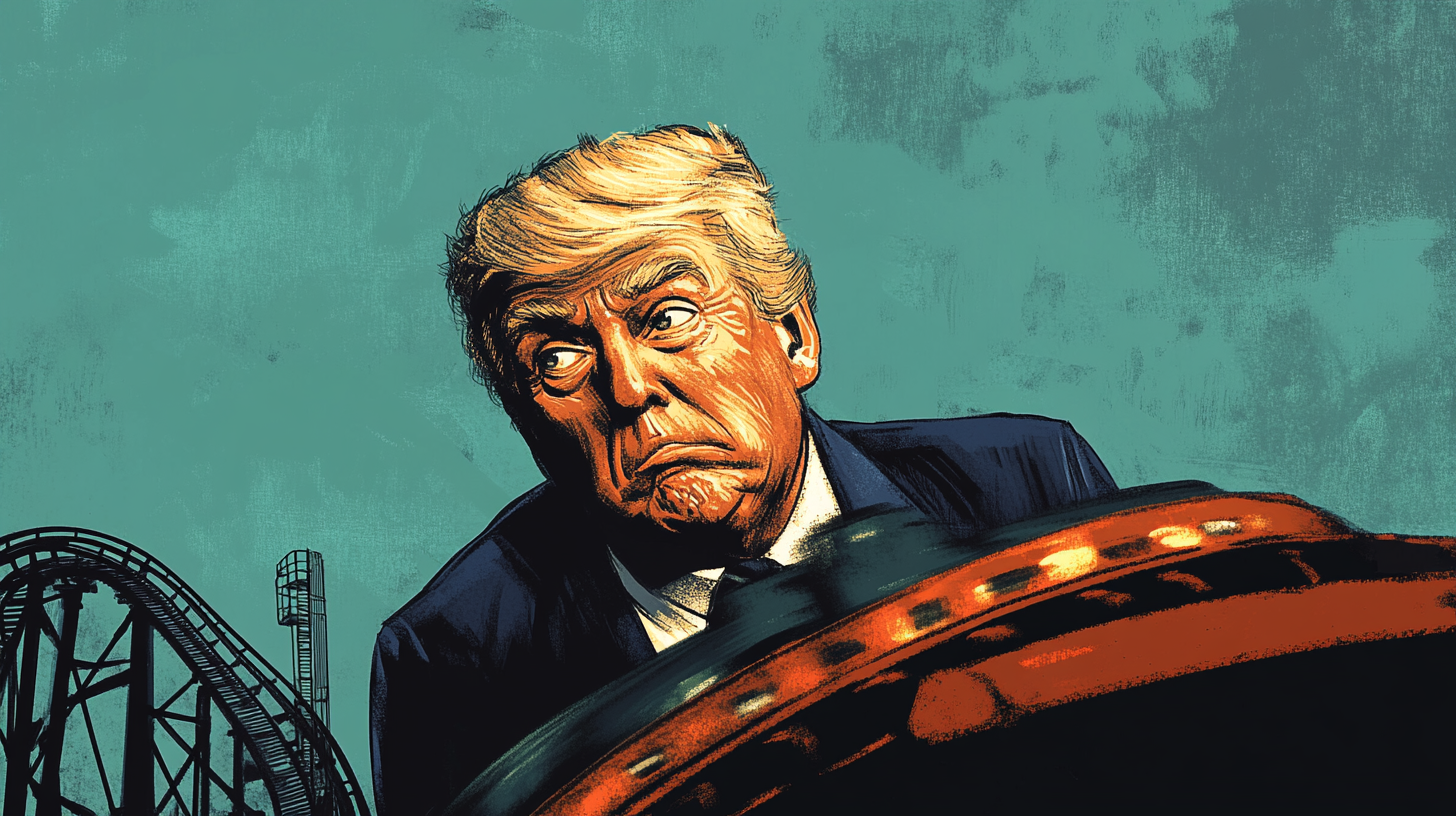
People who are unpredictable, volatile, and aloof tend to invoke a fear response: "am I going to get a bollocking from this person? Are they going to lose their shit today?" Fear, it turns out, plays a huge role in nonsexual arousal. It causes a rush of chemicals that we typically associate with attraction — adrenaline, endorphins and dopamine.
Arousal and attraction share many of the same feelings attached to them: sweaty hands and acceleration of heart rate are both symptoms of fear and attraction, causing confusion between the two in some cases.In essence, assholes are appealing in the same way that riding a rollercoaster is. But like any good rollercoaster ride, often the best bit is getting off them.
So what do we do with all this information? How do we turn our back on bad men and stop them from getting power?
Well it really all depends on what we want. There is undoubtedly something thrilling (for some people at least) about electing a man who has been described as dangerous and reckless. And if you want your politics to be exciting, go forward and prosper my friend.
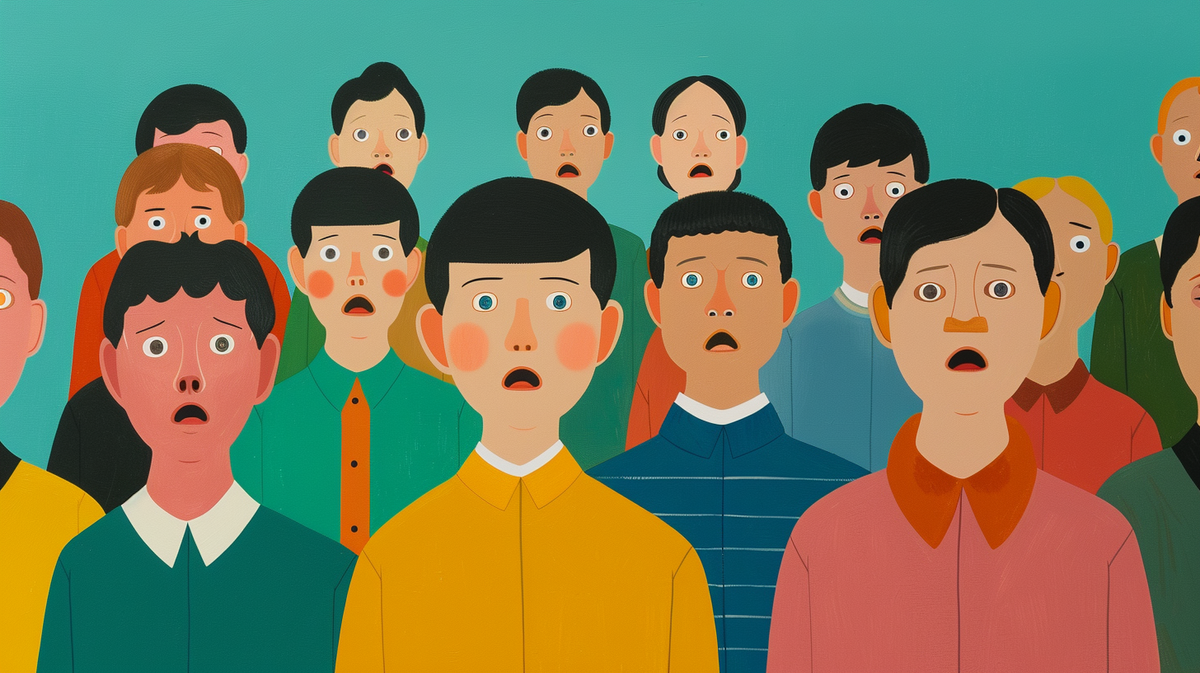
But if you want your politics to be something a little more attuned to your needs, you’re going to have to leave the thrill seeking at the door.
It’s a very similar idea to what happens when I have clients who can’t seem to break the habit of dating terrible people: you need to get to the point where you finally understand that these people will never give you what you want.
They might make you feel great and special some of the time, but terrible and neglected at others. You have to decide if that’s a good deal or not. If you think that’s all you deserve.

For my clients who break the cycle it’s typically because they’ve realised it isn’t a good deal. That riding a rollercoaster isn’t the cornerstone of a meaningful relationship. They want to be with people who are accountable, who are held by rules, who respect rules and respect you.
At this moment in time, the electorate feels Trump is a good deal. His unpredictability and complete ambivalence to rules and regulations seems appealing. They’re not ready to break the cycle.
Is that a good thing? Time will tell.
Things we learned this week 🤓
- 💗 Women adapt to being single more quickly than men, says study.
- ❤️🩹 People who bottle their anger are more likely to have heart problems.
- 👻 Want to lower anxiety levels? Go and do something scary.
- 😍 Kindness makes you more attractive, says psychologists.
Just a list of proper mental health services I always recommend 💡
Here is a list of excellent mental health services that are vetted and regulated that I share with the therapists I teach:
- 👨👨👦👦 Peer Support Groups - good relationships are one of the quickest ways to improve wellbeing. Rethink Mental Illness has a database of peer support groups across the UK.
- 📝 Samaritans Directory - the Samaritans, so often overlooked for the work they do, has a directory of organisations that specialise in different forms of distress. From abuse to sexual identity, this is a great place to start if you’re looking for specific forms of help.
- 💓 Hubofhope - A brilliant resource. Simply put in your postcode and it lists all the mental health services in your local area.
I love you all. 💋













